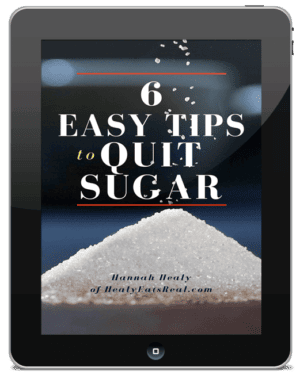Moringa Tea: Health Benefits, Secret Side Effects, and The Right Way to Prepare
This post may contain affiliate links. As an Amazon Associate I earn from qualifying purchases. Please read the disclosure policy.
Moringa tea is known for its many health benefits and earthy flavor. Learn how to make this special tea and side effects to watch out for.
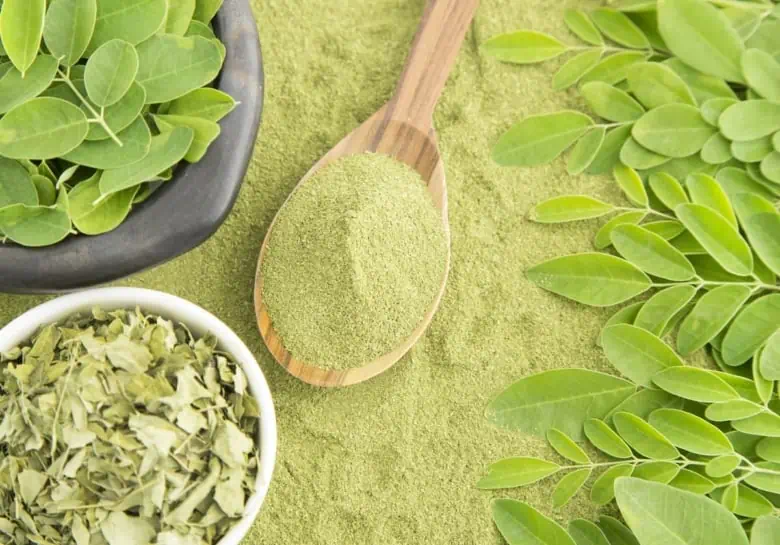
What Is Moringa Tea?
Moringa tea comes from the moringa oleifera tree native to India and Southeast Asia. Moringa oleifera is traditionally known as the “miracle tree” or “drumstick tree” because of its incredible health benefits and distinctive seed pod shape.
Most people think this herbal tea is somewhat bitter, but when mixed with other sweeteners or add-ins, the flavor improves (similar to green tea). Moringa tea has gained popularity recently due to its valuable nutritional content. This tea is known for its high vitamin, mineral, and antioxidant content, which supports healthy digestion and the immune system.

What Does Moringa Tea Taste Like?
Moringa tea tastes earthy and mildly bitter, similar to green tea. Some compare the flavor to grass or spinach. The flavor can change slightly depending on the tea leaf quality or how the leaves are processed. Many moringa drinkers like to add honey, sugar, or lemon to cut the bitterness. It can take time to adjust to the unique flavor of moringa tea, but it’s worth the effort for the health benefits.
Health Benefits of Moringa Tea
Moringa tea is known for its numerous health benefits that can benefit your body and mind:
- Rich in Nutrients: Moringa tea has an abundance of antioxidants, vitamins, and minerals such as magnesium and zinc.
- Boosts Immunity: Moringa tea can help strengthen your immune system due to its high vitamin C content, which helps fight off infections.
- Improves Digestion: Moringa tea can promote healthy digestion and may even reduce bloating, constipation, and stomach cramps.
- Reduces Inflammation: Moringa tea has anti-inflammatory compounds. Many chronic diseases are linked to higher levels of inflammation in the body.
- Supports Healthy Blood Sugar Levels: Moringa tea may help lower glucose levels based on its polyphenols and chlorogenic acid content, which are associated with reducing the risk of diabetes.
- Maintains Normal Cholesterol: Moringa tea might help to reduce the risk of heart disease since it can support healthy cholesterol levels.
- Promotes Skin Health: Moringa tea has high levels of antioxidants, which may stave off free radicals, oxidative stress, and skin cell damage.
- May Lower Blood Pressure: Moringa contains an antioxidant called quercetin, which has been researched for its ability to lower blood pressure.
Moringa Tea Side Effects And Contraindications
While moringa tea is considered safe for most people, it may cause some side effects in some individuals. It is essential to consume moringa tea in moderation and with a doctor’s or healthcare professional’s guidance to avoid any potential side effects. Below are some of the potential side effects of moringa tea:
- Upset Stomach: Moringa tea may cause digestive issues such as stomach cramps, nausea, and diarrhea in certain people, especially if consumed in large amounts.
- Interference with Medications: Moringa tea may interact with certain medications, including those for diabetes, high blood pressure, and thyroid disorders. It’s best to consult a doctor or healthcare professional before consuming moringa tea if you are taking any medications.
- Lowers Blood Pressure: Moringa tea may lower blood pressure, which can be harmful to people with low blood pressure or anyone taking medication to control blood pressure.
- Allergic Reactions: Although rare, some people may develop allergic reactions to moringa tea.
- Negative Impact on Pregnancy: Pregnant women should avoid consuming moringa tea as it may lead to miscarriage or premature birth.
- Liver Disease: People with liver disease should avoid consuming moringa tea, as it may worsen their condition.
- Surgery: You should not consume moringa tea at least two weeks before surgery since it may interact with medications.
Does Moringa Tea Have Caffeine?
Moringa tea is naturally caffeine-free. Traditional tea, such as green or black tea, come from the Camellia sinensis plant and naturally contain caffeine. Moringa tea, on the other hand, is made from moringa tree leaves, which do not contain caffeine. Additionally, moringa tea is often praised for its calming and relaxing properties, making it an ideal beverage for those who want to unwind without the stimulating effects of caffeine.
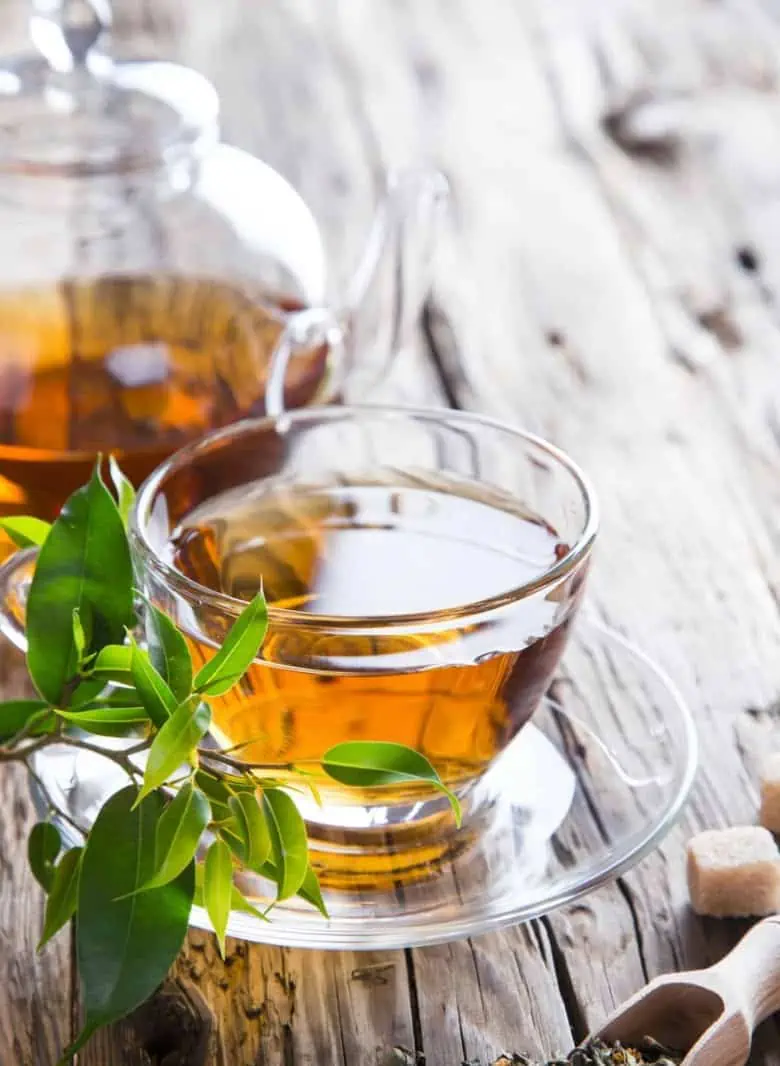
Moringa Tea vs. Green Tea
Moringa tea and green tea are two different types of tea that offer distinct flavors, nutritional profiles, and potential health benefits. Here’s a comparison of moringa tea vs. green tea:
- Flavor: Moringa tea has a mild earthy flavor, while green tea has a grassy and slightly bitter taste.
- Nutritional Content: Both teas are rich in antioxidants and have various vitamins and minerals. However, moringa tea has more iron, calcium, and vitamin C. In contrast, green tea has more caffeine and EGCG (epigallocatechin gallate), a potent antioxidant.
- Health Benefits: Green tea and moringa tea have many healthy qualities that assist with different health concerns. Moringa tea primarily helps with blood sugar, inflammation, and immunity. Green tea is best known for brain function, metabolism, weight control, and heart health.
- Caffeine Levels: Green tea has less caffeine than coffee, but it still contains caffeine. Moringa tea does not contain any caffeine making it the best option for a relaxing, non-stimulating drink. Green tea is a better choice for a mild energy boost.
Overall, both moringa and green tea are healthy beverage options offering unique flavors and potential health benefits. Your choice depends on personal preference, health goals, and caffeine tolerance.
Moringa Tea Leaves vs. Powder
Moringa tea leaves and powder are two forms of moringa used to make tea. Both types have distinctive textures, flavors, and preparation means.
- Texture: Loose-leaf moringa tea comes from the moringa tree leaves which are dried and then chopped. Moringa tea powder is created when the dry leaves are ground into a powder, similar to powdered matcha tea.
- Taste: Moringa leaves have a fairly mild taste, but the leaf quality and steeping time can affect the flavor. Moringa tea powder has a stronger flavor profile than the leaves and has a more earthy and bitter quality.
- Preparation: Moringa tea leaves are steeped in hot water, similar to traditional tea, and are often used to make loose-leaf tea or tea bags. Moringa tea powder is usually added to hot water or other beverages and stirred until it dissolves.
- Nutritional Content: Moringa leaves and powder have similar nutritional profiles, but the powder is more concentrated and, thus, may have higher levels of certain nutrients. For example, a teaspoon of moringa tea powder may have more vitamin C, iron, or potassium than a teaspoon of leaves.
- Storage: Similar to most teas, moringa keeps best when it’s in a sealed container away from heat, sunlight, and moisture.
How To Use Moringa Leaf Powder
Moringa leaf powder can be used similarly to matcha green tea powder in that it can be baked into cookies or added to many different dishes.
- Add to a smoothie or smoothie bowls
- Bake into muffins, bars or cookies
- Add to spreads like hummus or avocado
- Blend with milk for a moringa latte
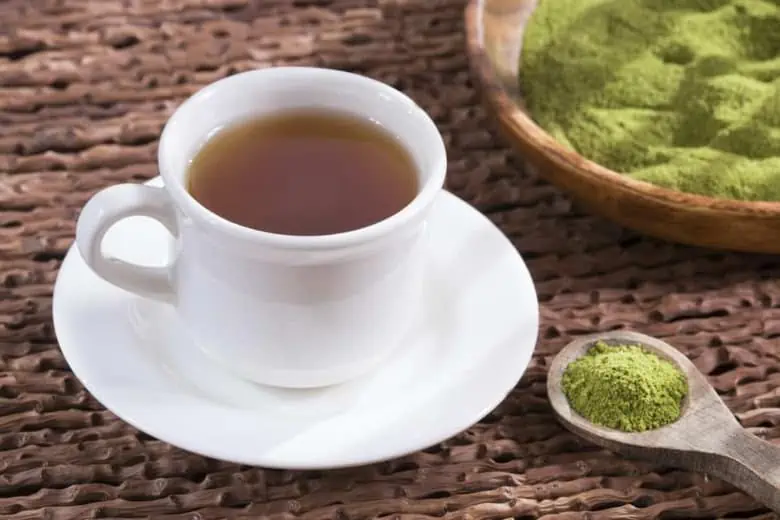
5 Mouthwatering Moringa Tea recipes
Chocolate Moringa Bars
Despite being packed with healthy ingredients, these Raw Chocolate Moringa Bars are simply divine in taste. The luscious moringa layer adds a creamy and indulgent touch, which melts seamlessly in your mouth. The heavenly creaminess is perfectly balanced by the nutty chocolate layer underneath, rendering an unforgettable taste to the bar.
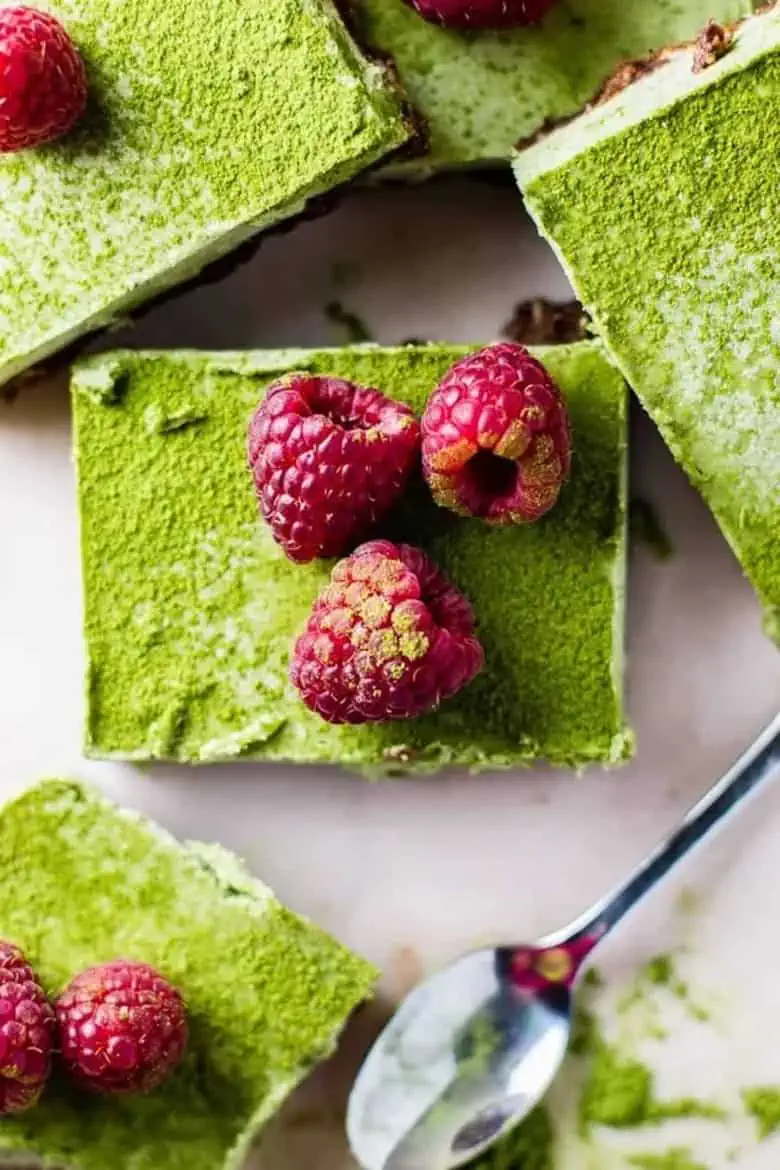
Moringa Latte
Indulge in the enchanting green hue of Moringa Moon Milk, a delectable beverage brimming with the goodness of nutrient-rich moringa leaf powder, plant-based milk, and the calming properties of ashwagandha. Sweetened naturally with dates, this creamy and wholesome drink promises to comfort and soothe your senses, making it the perfect beverage for any time of the day.
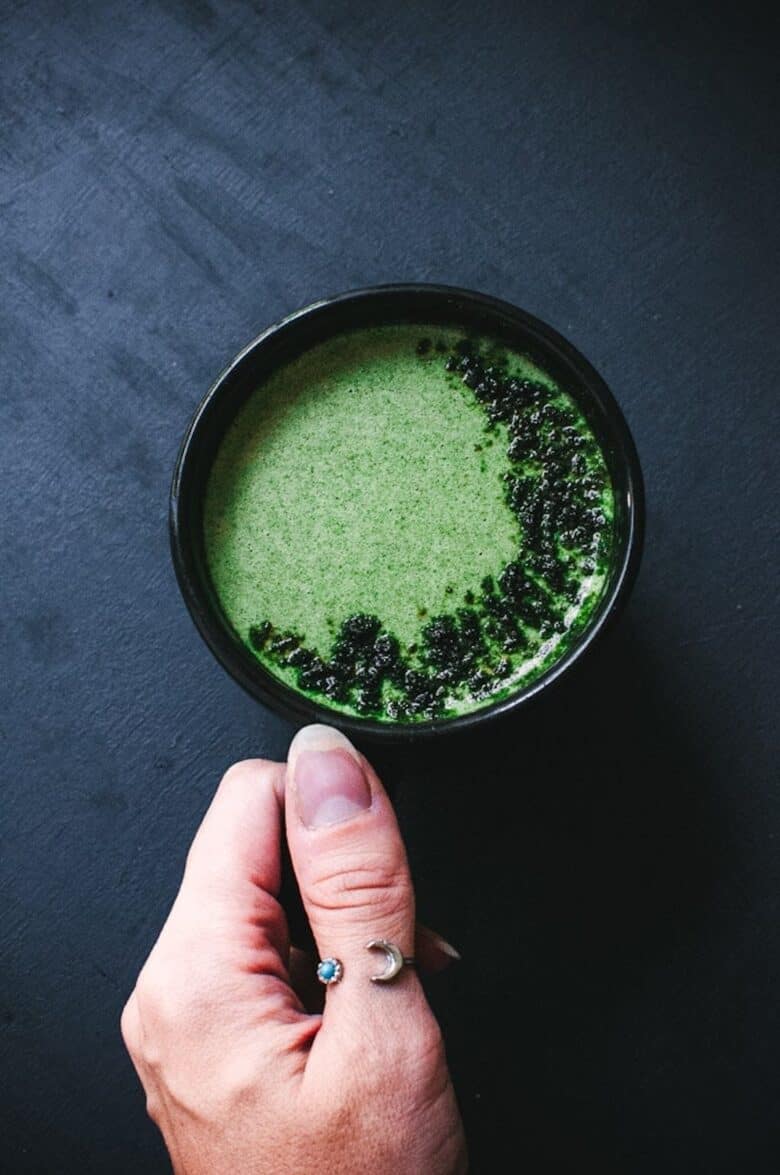
Matcha Moringa Superfood Smoothie
Indulge in a healthy treat with this Matcha Moringa Superfood Smoothie that boasts tropical flavors of pineapple and banana. This wholesome smoothie is infused with a rich blend of antioxidants, vitamins, and nourishing ingredients that offer a plethora of health benefits. What’s more, it’s free of added sugar and dairy, making it a perfect addition to your diet.
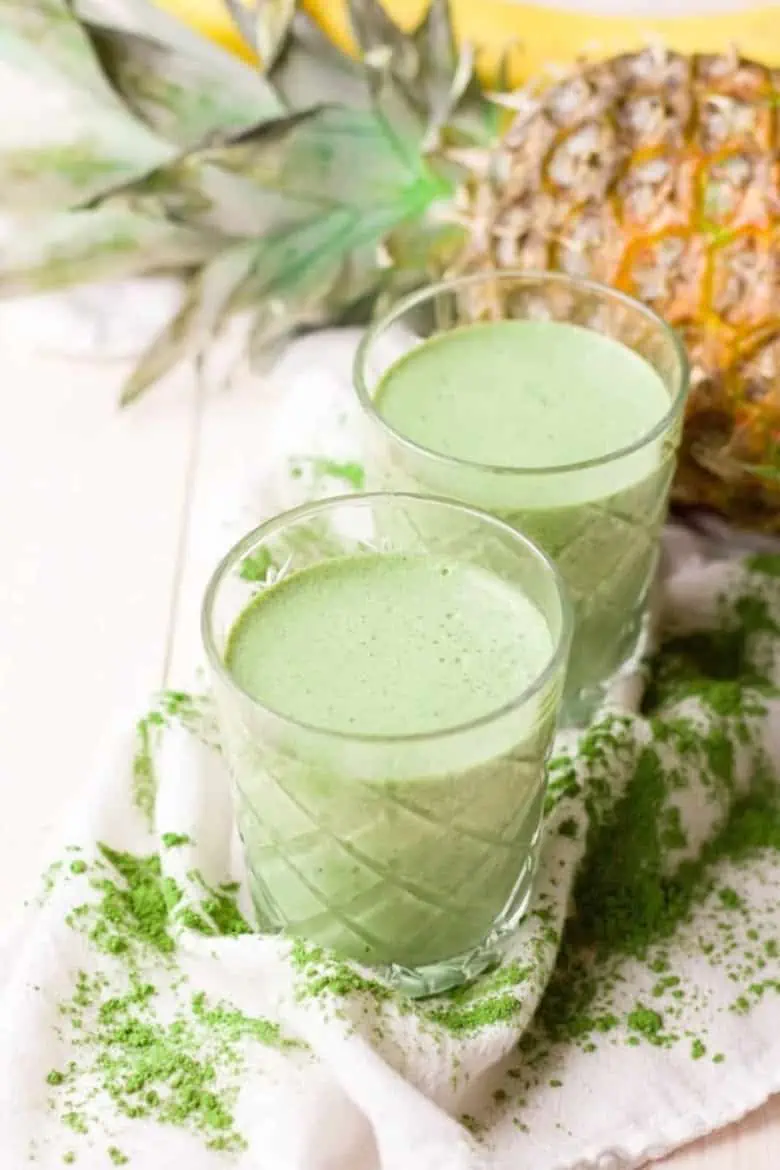
Mint Moringa Oreos
Savor the delectable taste of these Mint Moringa Cookies that feature a creamy and rich mint filling sandwiched between two crispy chocolate cookies. Made entirely from plant-based ingredients and free of gluten, these cookies are the perfect nutritious indulgence for any occasion.

Pumpkin Spice Moringa Energy Bars
Delight in the deliciousness of these Pumpkin Spice Moringa Energy Bars, which are not only healthy but also gluten-free! Loaded with wholesome ingredients that are easily available, these energy bars can be whipped up in under thirty minutes at home. Whether you need an energy boost for a long day at school or work, these bars are sure to satisfy your taste buds with their delectable pumpkin spice flavor.
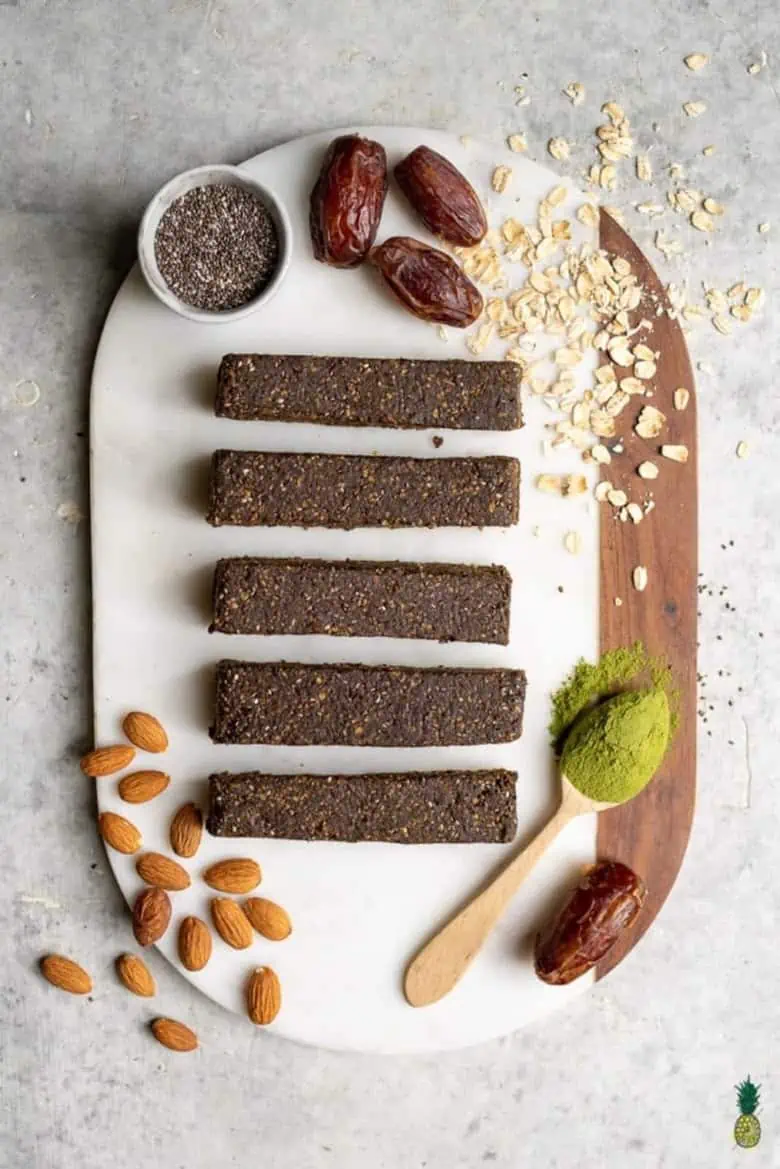
How To Make Moringa Tea
Tea Bags or Loose Leaf
Start by boiling 8 ounces of filtered water. Add the tea bag to a mug. If you’re using loose-leaf tea, you can add 1-2 teaspoons of the leaves to a tea strainer or tea ball and put it in the mug.
Pour the water over the tea bag or tea strainer and let steep for 3-5 minutes. Remove the tea bag or strainer. Add 1 teaspoon of sweetener like honey, sugar, or sugar-free sweetener and taste. Continue adding 1 teaspoon of sweetener until it gets to your desired level of sweetness.
Powder
Boil 8 ounces of filtered water. Add 1-2 teaspoons of moringa powder to a mug depending on your desired strength level. Pour the hot water over the powder and stir until it dissolves. Add 1 teaspoon of sweetener like honey, sugar, or sugar-free sweetener and taste. Continue adding 1 teaspoon of sweetener until it gets to your desired level of sweetness. Pour in creamer or dairy-free milk for added creaminess.
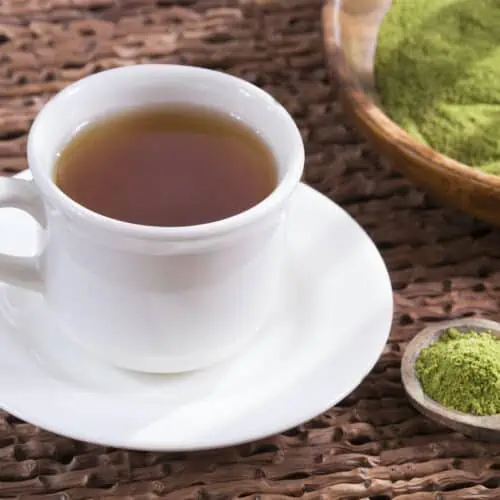
How to Make Moringa Tea
Ingredients
Moringa Tea Leaves or Bags
- 1 teaspoon loose leaf moringa tea or 1 moringa tea bag
Moringa Tea Powder
- 1-2 teaspoon moringa tea powder
- 1 cup water
- 1-2 tsp sweetener honey or sugar-free sweetener (optional)
- 2-4 tbsp creamer or dairy-free milk (optional)
Instructions
- Start by boiling 1 cup (8 ounces) of filtered water.
Moringa Tea Bags or Loose Leaf Tea
- Add the tea bag to a mug. If you're using loose leaf tea you can add 1-2 teaspoons of the leaves to a tea strainer or tea ball and put it in the mug.
- Pour the water over the tea bag or tea strainer and let steep for 3-5 minutes. Remove the tea bag or strainer.
- Add 1 teaspoon of sweetener like honey, sugar or sugar-free sweetener and taste. Continue adding 1 teaspoon of sweetener until it gets to your desired level of sweetness.
Moringa Powder
- Add 1-2 teaspoons of moringa powder to a mug depending on your desired strength level.
- Pour the hot water over the powder and stir until it dissolves.
- Add 1 teaspoon of sweetener like honey, sugar or sugar-free sweetener and taste. Continue adding 1 teaspoon of sweetener until it gets to your desired level of sweetness.
- Pour in creamer or dairy-free milk for added creaminess.
Nutrition



